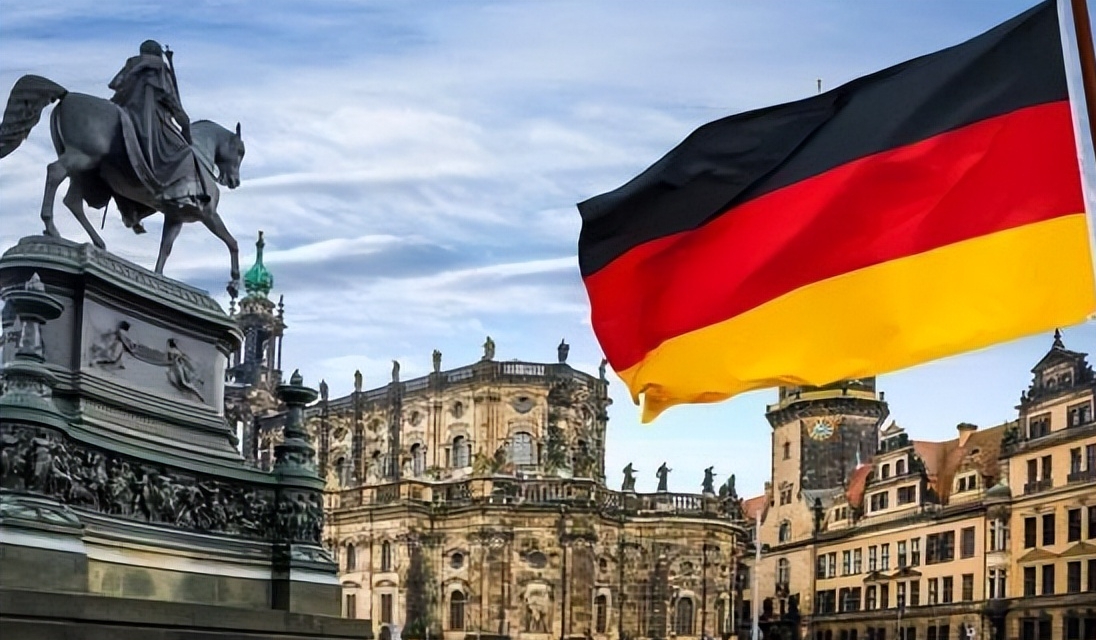
Germany, once known as the "locomotive" of the European economy, is now facing unprecedented economic difficulties. Recently, the German Council of Economic Advisers, a think tank of five economic experts appointed by the German president, released its latest economic forecasts. According to the report, the German economy is expected to grow by only 0.4 percent in 2025, which is a sharp downward revision from the 0.9 percent forecast in May and the 1.1 percent forecast previously issued by the German government. This news undoubtedly brought no small shock to Germany and the global economic community.
Looking back over the past few years, it is true that the performance of the German economy has been unsatisfactory. Since the outbreak of the novel coronavirus in 2020, the German economy has been stuck in a period of stagnation, and it is difficult to shake off its shadow. Over the past five years, Germany's real gross domestic product has grown by just 0.1%, a growth rate that lags behind international comparisons. The report of the German Economic Advisory Council bluntly pointed out that the German economy is still not out of the dilemma brought by the epidemic.
So what is causing Germany's economic weakness? The report attributed much of this to weakness in industry and continued weakness in private consumption. Although German wages have risen in recent years, consumption has failed to recover as expected. At the same time, construction has been a persistent drag on economic growth. The international competitiveness of German industrial enterprises has significantly declined, and compared with other countries, German production costs have increased significantly, while productivity growth has been relatively weak.
High energy costs are one of the main reasons for the declining competitiveness of German industrial companies. As global energy prices have risen in recent years, so have Germany's energy costs. This is a heavy blow to German industry, which relies on energy-intensive industries. In addition, German wages have also increased significantly in recent years, which has led to a significant increase in labor costs for companies. The shortage of labor has exacerbated the problem, making it a huge challenge for German companies to recruit and retain employees.
Another problem with the German economy is its over-reliance on manufacturing and exports. Germany's economic growth has long benefited from its strong industrial base, with manufacturing accounting for 19 percent of gross domestic product, about double that of Britain and France. However, this highly manufacturing-dependent economic model also makes Germany particularly vulnerable to external shocks such as global supply chain adjustments. The impact of the COVID-19 epidemic and the Russia-Ukraine conflict has made many countries accelerate the adjustment of supply chains, which poses a huge challenge to the German economy, which is deeply embedded in the international industrial chain.
The German economy also suffers from conservative public investment. German public investment as a share of GDP has been below the EU average. An aging rail network, dilapidated highways and a slow Internet are all at odds with Germany's image as an economic powerhouse. Inadequate infrastructure investment not only limits the growth potential of the German economy, but also affects its international competitiveness.
The current difficulties facing the German economy are the result of a combination of internal and external factors. Internally, the growth potential of the German economy is constrained by conservative public investment, over-reliance on manufacturing and export trade, and sluggish economic structural transformation. Externally, external shocks such as the COVID-19 pandemic and the Russia-Ukraine conflict have had a huge impact on the German economy. The combination of these factors makes it difficult for the German economy to get out of its current predicament.
The latest forecast of the German Council of Economic Advisers has undoubtedly dealt a heavy blow to the German economic community. What Germany needs, however, is not pessimism and despair, but courage and determination. Germany needs to face up to the problems in its economy and take effective measures to solve them. Only then can Germany regain its former status as the locomotive of the European economy.

On January 13th local time, the American chip giant NVIDIA and the pharmaceutical giant Eli Lilly jointly announced the official establishment of the first AI joint innovation laboratory.
On January 13th local time, the American chip giant NVIDIA …
On January 9, 2026, a subpoena from the U.S. Department of …
When Trump announced on TruthSocial a 25% tariff on Iran's …
Recently, according to reports from KGO TV of ABC and CalMa…
On January 13, 2026, the STOXX Europe 600 Index closed 0.2%…
A recent major trade policy adjustment proposed by the Unit…